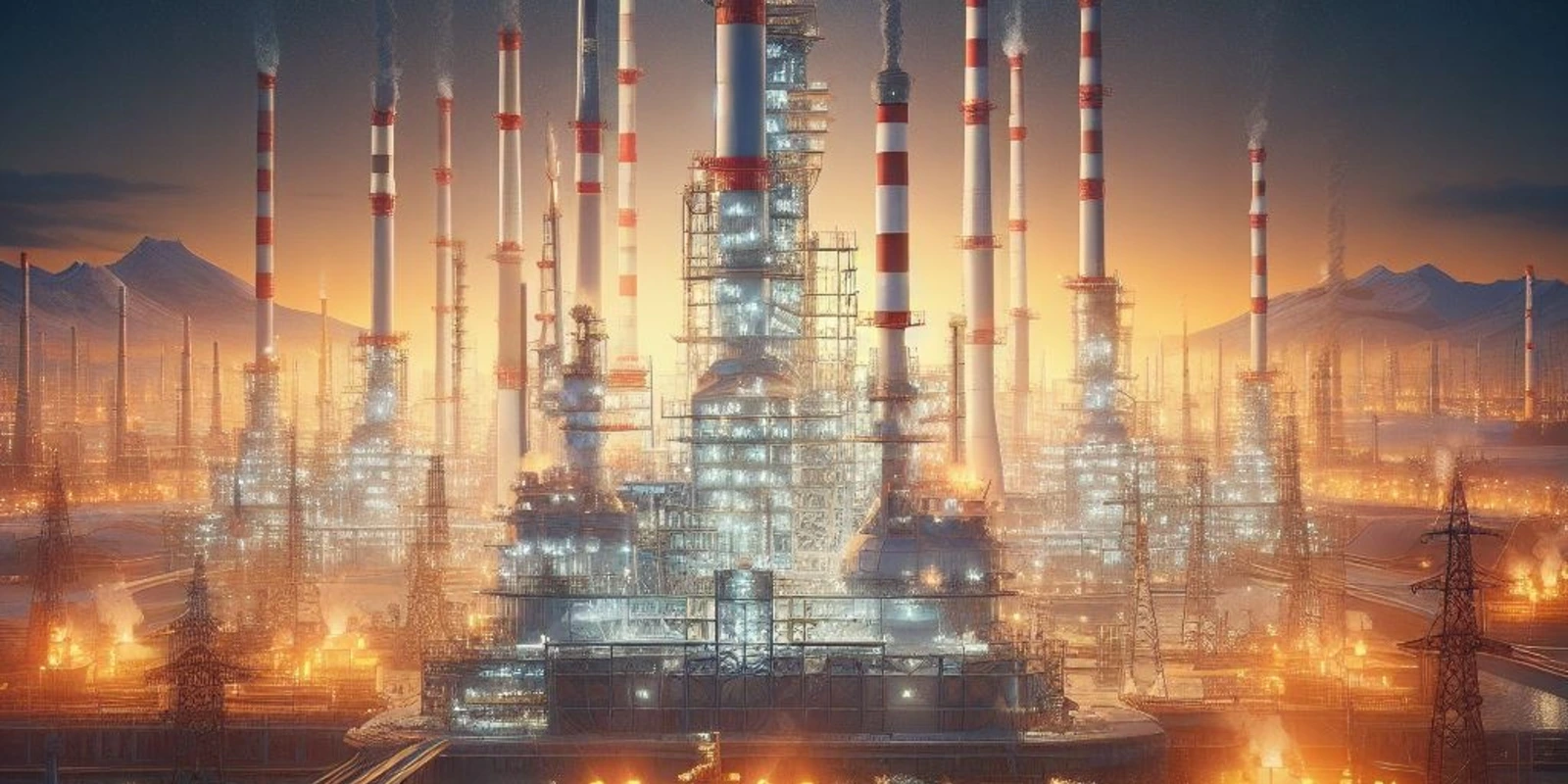
Russia’s Energy Sector: A Deep Dive into Business Strategies

Russia's energy sector, a pivotal player in the global market, presents a complex and strategic landscape. This article provides a deep dive into the business strategies that drive Russia's energy sector, exploring the roles of key players, market trends, and the impact of international policies on its operations.
Russia, endowed with vast reserves of oil and natural gas, has long been a major player in the global energy market. The country's energy sector is dominated by large state-controlled companies like Gazprom and Rosneft, which play a crucial role in shaping its energy policies and strategies. These corporations are not only vital for Russia's economy but also wield significant influence in global energy politics.
The Russian government's approach to managing its energy resources is characterized by a delicate balance between state control and private investment. While the state maintains a significant influence over the energy sector, it has also welcomed private and foreign investments to boost production and develop new technologies. This strategy aims to enhance efficiency, expand market reach, and ensure long-term sustainability.
One of the key strategies in Russia’s energy sector is diversifying its customer base. In recent years, Russia has been expanding its energy exports beyond Europe to Asian markets. This shift is partly driven by the growing energy demand in Asia and the geopolitical uncertainties in Europe. The development of new pipelines, like the Power of Siberia to China, exemplifies this strategic pivot.
Innovation and technology adoption are also central to Russia's energy strategy. The sector is investing in modernizing its infrastructure, exploring renewable energy sources, and improving energy efficiency. This not only addresses global environmental concerns but also positions Russia as a leader in energy innovation.
However, the Russian energy sector faces challenges, including international sanctions, fluctuating oil prices, and the global shift towards renewable energy. These factors necessitate agile and adaptive business strategies to navigate the complex geopolitical and economic landscape.
The future of Russia's energy sector lies in its ability to adapt to changing global trends. This includes embracing cleaner energy technologies, pursuing strategic international partnerships, and diversifying its economy to reduce dependence on oil and gas revenues. The sector's response to these challenges will be crucial in determining its position in the global energy market.
In conclusion, Russia's energy sector, with its vast resources and strategic importance, continues to be a key player in the global market. Its business strategies, shaped by a mix of state control, international partnerships, and technological innovation, reflect the complexities and dynamics of the global energy landscape.







Your insights and experiences enrich our community. Dive into the discussion and share your thoughts with us below!